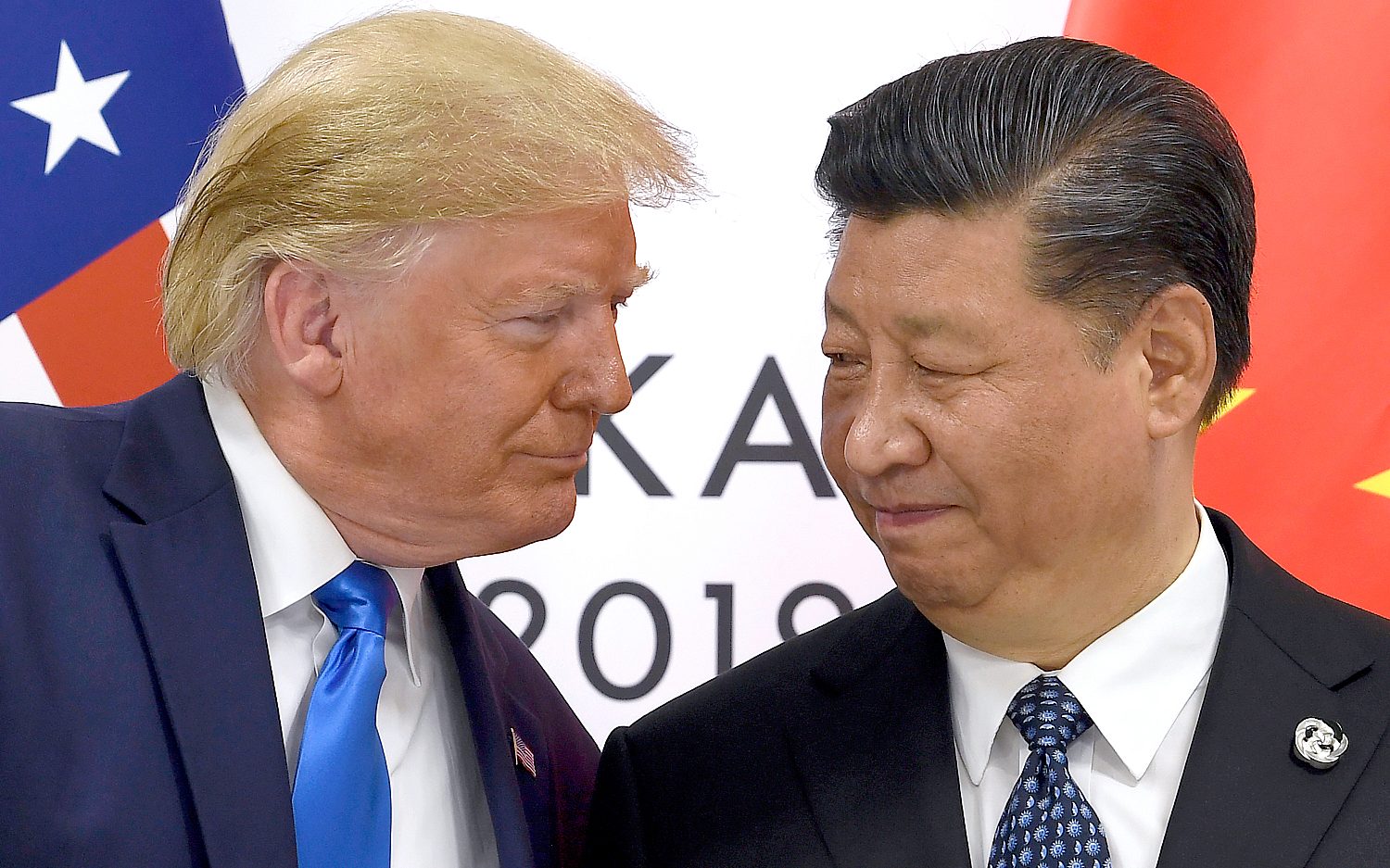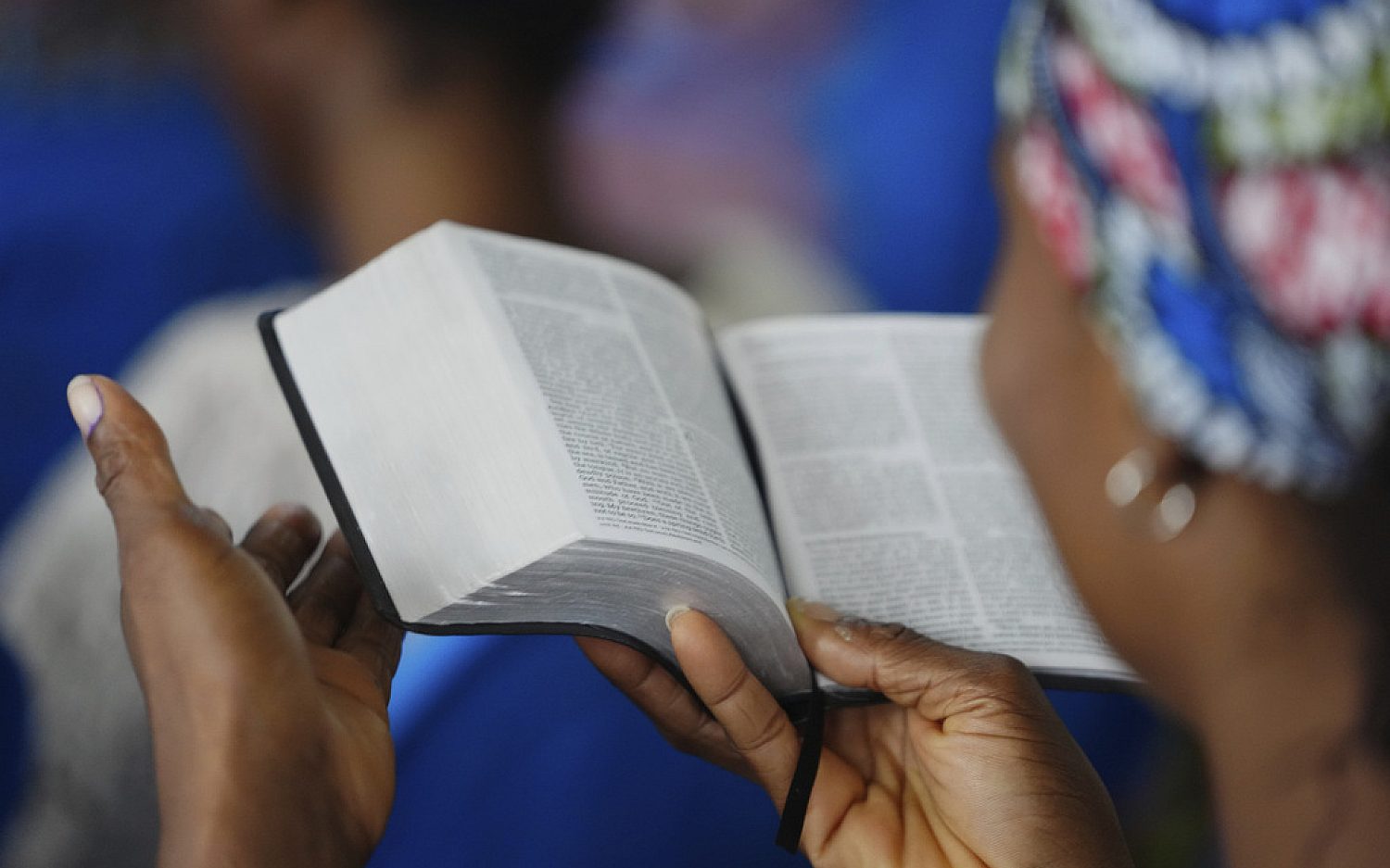Ethiopia releases nearly 10,000 political detainees
Freedom comes only after ‘rehabilitation’ training designed to prevent future protests
Ethiopia’s government has said it will release nearly 10,000 people detained during its ongoing state of emergency, but another group of nearly 2,500 people will face charges for destabilizing the country.
Rights groups have warned the ongoing arbitrary arrests and limitations to free expression will continue to undermine long-term peace efforts.
Deputy government spokesman Zadig Abraha yesterday confirmed 9,800 protesters will be freed.
“They have been given lots of training so that they won’t be part of the destructive trend that we have seen in the past,” Abraha said.
The government said detainees could be sent to rehabilitation centers without charges under current provisions. Ethiopia declared a six-month state of emergency in October after a stampede, triggered by clashes between police and protesters during a religious festival, killed 52 people. Opposition members claim more than 100 people died. The country’s Oromia region has been the center of increasing demonstrations in the past two years. The protests initially began in 2014 as a land dispute with the government but have since grown into a call for more political freedom.
The government has so far arrested more than 11,000 political prisoners. The emergency decree has included an internet ban and unexplained arrests. The government last month lifted a ban that prevented diplomats from traveling more than 24 miles from the capital without permission. Earlier this month, security officials arrested Merera Gudina, the opposition leader of the Oromo People’s Congress, after he returned from a meeting with members of the European Parliament. The government secretariat accused Gudina of making contact with terrorist groups.
“Given this violation, Merera is in custody and an investigation is currently taking place,” a statement said.
Abraha said Ethiopia has seen “tremendous change in the peace and security” under the state of emergency, which will end in April. The government has restored some calm and shuffled some cabinet positions, but it still falls short of the reform Ethiopians want, Human Rights Watch said.
“Government limitations on free expression and access to information undermine the potential for the inclusive political dialogue needed to understand protesters’ grievances, let alone address them,” the advocacy group said.
An actual newsletter worth subscribing to instead of just a collection of links. —Adam
Sign up to receive The Sift email newsletter each weekday morning for the latest headlines from WORLD’s breaking news team.





Please wait while we load the latest comments...
Comments
Please register, subscribe, or log in to comment on this article.